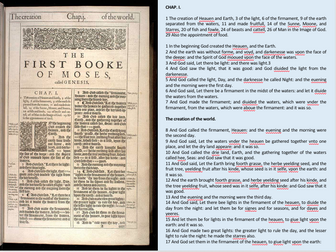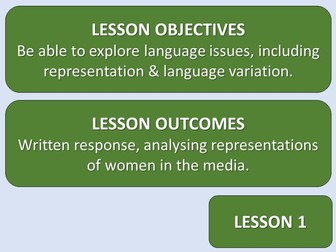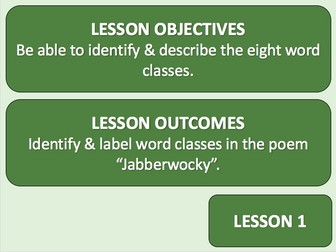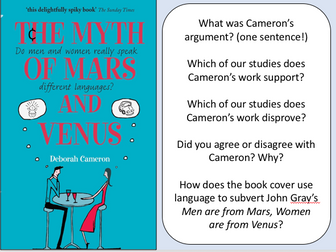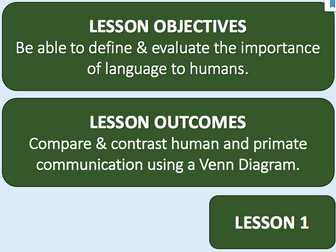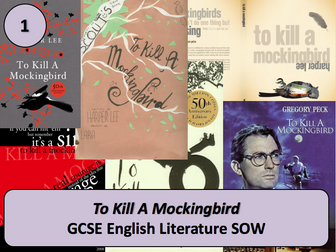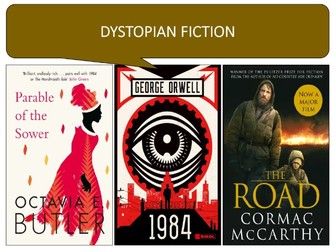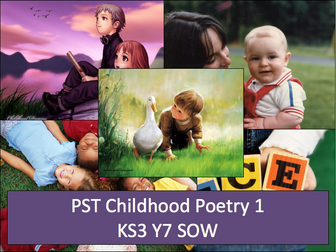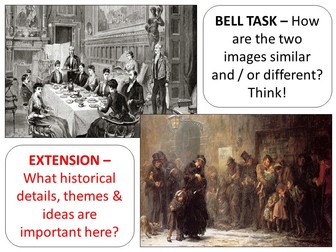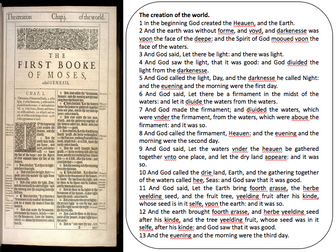"The Beautiful Game" a non-fiction SOW based on the NEW GCSE English Paper 2 KS3 or KS4
A comprehensive SOW with resources designed to prepare students for the NEW GCSE English Language Paper 2 exam. The unit has worked successfully with both KS3 and KS4 students. It includes a variety of modern and Victorian literary non-fiction articles, a range of activities and is differentiated across 3 levels. Originally used with Y8 and middle ability Y10 students. The articles are about football and cycling.
